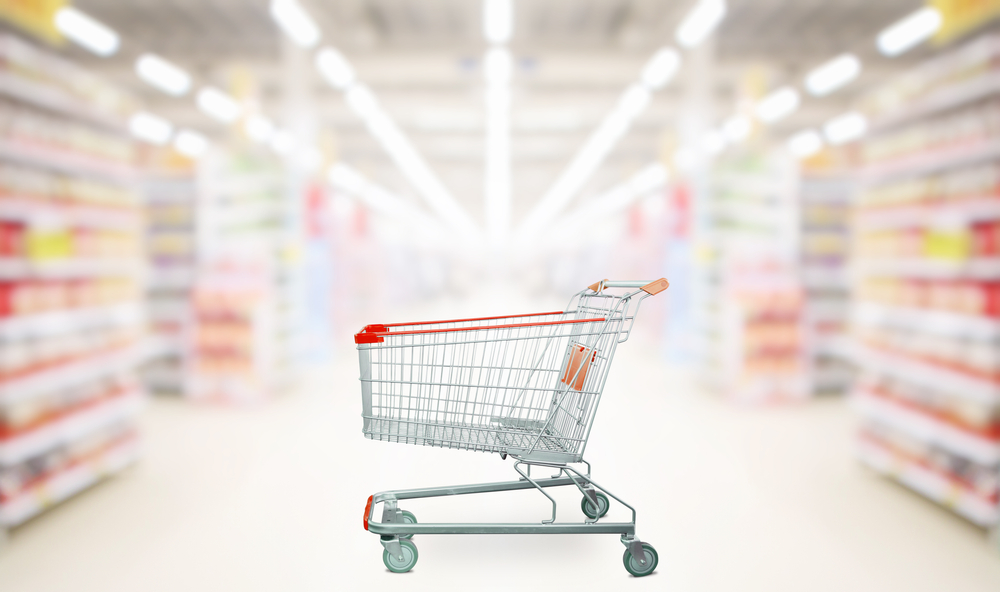Household Bills
Poorest in society see spending power fall by £40 a month

The discretionary income among the least affluent in society has fallen by almost £40 a month when compared with last year, a report reveals.
The biggest annual jump in food prices since 1977 has kept pressure on households amid the cost-of-living crisis.
And a report from analysts Retail Economics has revealed this put most pressure on lower-income households who spend a larger share of cash on essentials than more affluent households.
The Cost of Living Tracker noted that a combination of continued high inflation, rising food prices and sky high energy prices has meant that the least affluent in society have seen an 8.3% decline in discretionary spending power, leaving these households with around £40 less cash to spend on non-essential items.
The report highlighted the fact that “the least affluent faced deeper declines as accelerating food and energy prices erode their lower earnings growth.”
Meanwhile, the most affluent have seen their spending power increase by almost the same amount – £36 per month compared to last year, as they have been able to offset price increases across essentials by benefiting from historically strong earnings growth.
Shopping habits changing
The report explained that this erosion in discretionary spending has led Brits to reconsider their shopping habits.
Compared to 2022, 31.2% of adults expect to adapt their shopping behaviour over the next year – either doing more shopping online or more in-store – as they look to reduce their non-essential retail spending.
The least affluent are having to scrutinise spending and are looking to avoid the cost of shopping online, including delivery and return fees. Lower income households are now more likely to shop in-store. By comparison, those looking to shop more online over the next year are typically more affluent consumers.
However, across all groups, the report concluded that most people are feeling the pinch right now and that all groups expect ‘to cut back on non-essential spending in 2023’.
Discount brands, in-store purchases and greater cash use
Richard Lim, CEO of Retail Economics, said: “The findings boil down to the composition of spending across the groups. The less affluent are spending more of their income on staple products such as food and energy which have seen higher rates of inflation. The least affluent have been hit harder by inflation than everyone else.
“This will mean that to [combat this], this group will take a number of routes to save money. Where possible, they will trade down to cheaper alternatives such as discount and own-brand products.
“In other categories such as clothing and personal care, they are delaying and, on larger purchases such as holidays, they are cancelling altogether.
“There is also evidence that this group is increasingly going back to shopping in-store to save money. They are also increasing their use of cash to control their budget.”